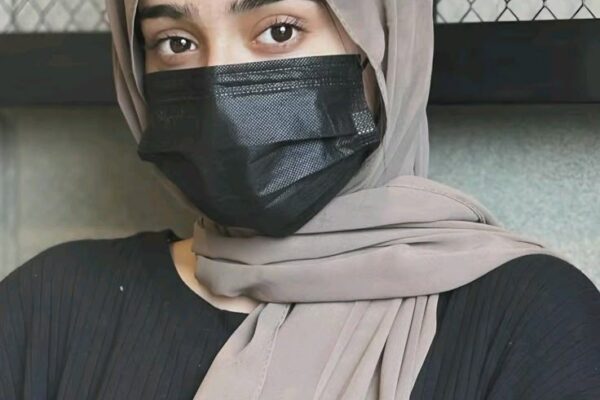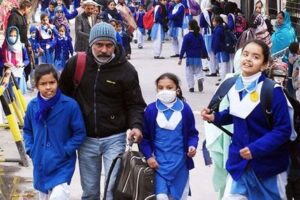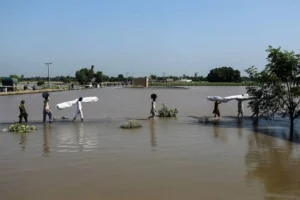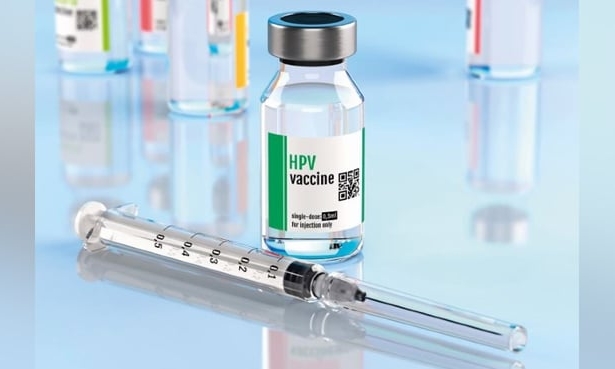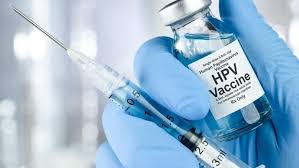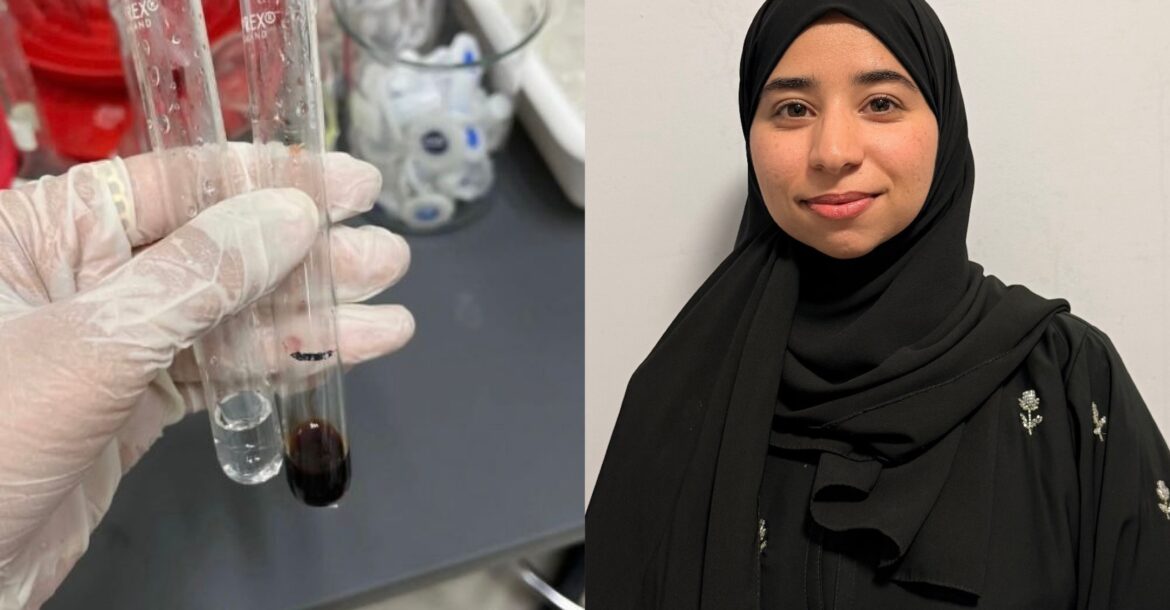In a major milestone for public health, Pakistan Receives Supply of Cervical Cancer Vaccine, paving the way for a national immunization campaign aimed at protecting millions of women and young girls. This marks a turning point in the country’s fight against cervical cancer, which remains one of the most common causes of female cancer related deaths globally.
The delivery of the vaccine is not just a medical achievement but a step forward in healthcare equity. Pakistan joins a growing list of nations introducing cervical cancer vaccination on a wide scale, reflecting a global commitment to preventing diseases linked to the human papillomavirus (HPV).
The Significance of the Vaccine
Cervical cancer is predominantly caused by persistent infections with certain strains of HPV, a virus that is easily transmitted. Global health experts, including the World Health Organization (WHO), recommend widespread vaccination as the most effective preventive measure. Pakistan Receives Supply of Cervical Cancer Vaccine at a crucial time when thousands of women in the country are diagnosed annually with this life-threatening illness.
Statistics indicate that early prevention can reduce future healthcare burdens significantly. By making the vaccine accessible, authorities hope to cut down incidence rates, minimize treatment costs, and ultimately save lives.
Government’s Commitment
Health officials confirmed that the supply of vaccines will first be distributed to major government hospitals in urban centers before expanding to rural areas. Pakistan Receives Supply of Cervical Cancer Vaccine under an initiative supported by global health partners to ensure affordability and equal distribution.
The Ministry of Health announced that girls aged 9 to 14 will get priority, since the vaccine works best before exposure to HPV. It also plans catch-up campaigns for older groups to ensure broader coverage.
Expert Opinions
Medical professionals praised the government’s decision, emphasizing the importance of preventive care. Dr. Ayesha Malik, a gynecologic oncologist based in Karachi, explained that Pakistan Receives Supply of Cervical Cancer Vaccine at a “turning point in women’s health.” She highlighted that vaccination, paired with regular screening, can reduce mortality rates dramatically within the next two decades.
Oncologists also stressed that such progress will encourage women to seek routine health check ups, which are often neglected due to stigma or lack of awareness. In their view, the availability of the vaccine provides both medical and psychological reassurance to families.
Public Awareness Campaigns
To ensure successful implementation, the government is launching a large-scale awareness drive. Pakistan Receives Supply of Cervical Cancer Vaccine with the backing of campaigns that educate communities about HPV, its transmission, and the importance of vaccinating early. Posters, school seminars, radio programs, and social media campaigns will highlight how the vaccine is safe, effective, and crucial for future generations.
Special emphasis is being placed on engaging parents, school teachers, and religious scholars in the conversation. By reducing myths and misconceptions, health officials aim to build trust within local communities.
Global Support and Partnerships
The new vaccine supply arrived under a collaboration supported by global health agencies such as Gavi, the Vaccine Alliance, and WHO. Pakistan Receives Supply of Cervical Cancer Vaccine as part of a larger vaccine equity program that ensures low and middle income countries can access life saving immunizations at reduced prices.
Gavi representatives confirmed that the inclusion of Pakistan in their funded programs reflects the nation’s progress in expanding immunization networks. Continued support from international donors will help maintain sustainable access in future years, securing long-term protection for millions of girls.
Addressing Challenges
Despite the achievement, implementing the vaccine program across Pakistan poses challenges. Pakistan Receives Supply of Cervical Cancer Vaccine, but distributing it to far flung rural districts will require coordinated logistics, medical training, and cold-chain management. Experts warn that healthcare staff need adequate training, and local facilities must be upgraded to store vaccines properly.
Social challenges also exist. Some communities still resist vaccination campaigns due to misinformation or cultural taboos. Learning from polio immunization drives, authorities are preparing to involve community leaders and doctors in reassuring families about the vaccine’s safety.
Impact on Women’s Health
The importance of this vaccine goes beyond cancer prevention. Pakistan Receives Supply of Cervical Cancer Vaccine as part of a broader effort to strengthen women’s health services. Improved access to vaccines, screenings, and awareness programs will not only save lives but also empower women to take control of their health.
Experts estimate that, if effectively implemented, the national vaccination program could prevent tens of thousands of cervical cancer cases over the next 30 years in Pakistan. Moreover, reduced cancer incidence means lower treatment and hospitalization costs, which eases financial strain on families and the healthcare system.
Religious and Cultural Context
Religious scholars have expressed support for the initiative, clarifying that the vaccine is permissible under Islamic teachings as it serves a vital health purpose. By framing the program as a life saving step in line with religious values, health authorities hope to overcome resistance and encourage widespread adoption. Dialogue with scholars has already begun, aiming to assure parents that the vaccination of young girls is an act of safeguarding life, a principle strongly emphasized in Islam.
Future Prospects
Looking ahead, Pakistan aims to include the cervical cancer vaccine in its routine Expanded Program on Immunization (EPI). This will allow every eligible child across the country to receive timely doses without depending on separate campaigns. Pakistan Receives Supply of Cervical Cancer Vaccine as an entry point to build a sustained national immunization effort that integrates with existing systems.
Officials are optimistic that as the program matures, vaccine coverage will expand to nearly every district. This long term strategy could transform the country’s cancer prevention capacity and serve as a model for other nations in South Asia.
Conclusion
Pakistan Receives Supply of Cervical Cancer Vaccine, and this development signals a revolution in preventive healthcare. With government commitment, global partnerships, widespread campaigns, and community engagement, the country now stands at the edge of a major breakthrough in women’s health. The road ahead may pose challenges, but the arrival of this vaccine is a beacon of hope for millions of families.
As the distribution begins and awareness grows, the initiative could redefine Pakistan’s healthcare landscape making cervical cancer a preventable disease instead of a deadly diagnosis.


